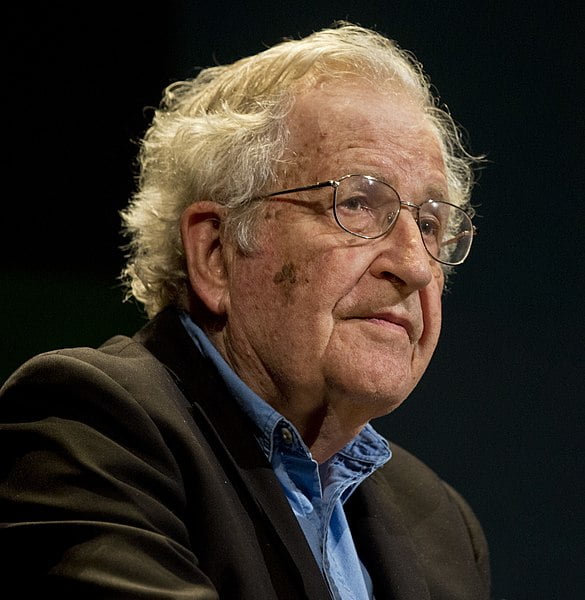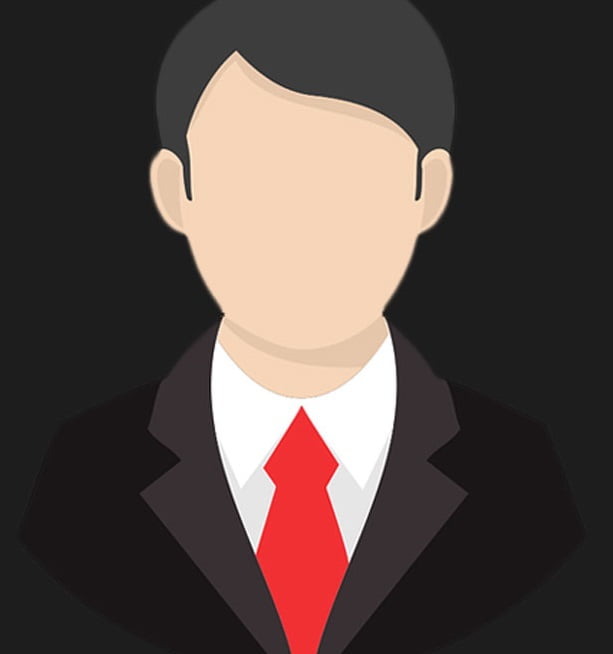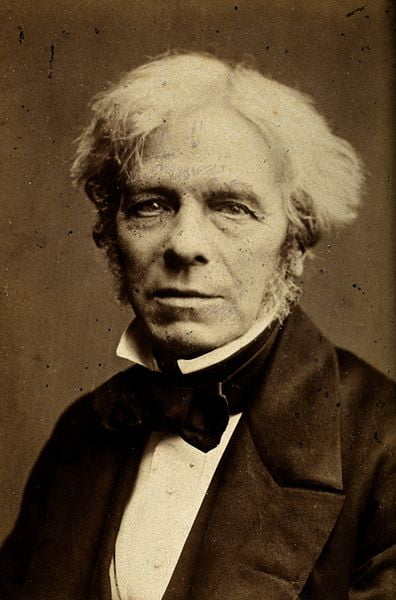| Born | December 7, 1928, Philadelphia, Pennsylvania, U.S. |
| Spouses | Carol Schatz (m. 1949; died 2008), Valeria Wasserman (m. 2014) |
| Children | 3, including Aviva |
| Academic Background | University of Pennsylvania (AB, MA, PhD) |
| Known for | – Work in linguistics, political activism, and social criticism – Major figure in analytic philosophy and cognitive science |
| Institutions | University of Arizona (2017–present), Massachusetts Institute of Technology (1955–present), Institute for Advanced Study (1958–1959) |
| Website | chomsky.info |
| Notable Works | – More than 150 books on topics such as linguistics, war, and politics – “The Responsibility of Intellectuals” (1967) |
| Ideology | Anarcho-syndicalism, libertarian socialism |
| Key Contributions | – Development of the theory of transformational grammar – Pivotal role in remodeling the study of language – Criticism of U.S. foreign policy and mass media |
| Activism | – Outspoken opponent of U.S. involvement in the Vietnam War – Anti-Zionist stance – Critic of U.S. foreign policy, contemporary capitalism, and Israel’s treatment of Palestinians |






